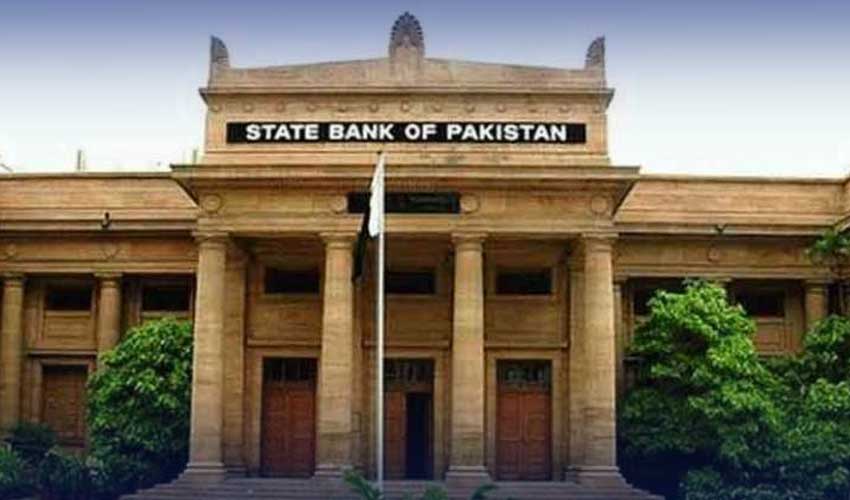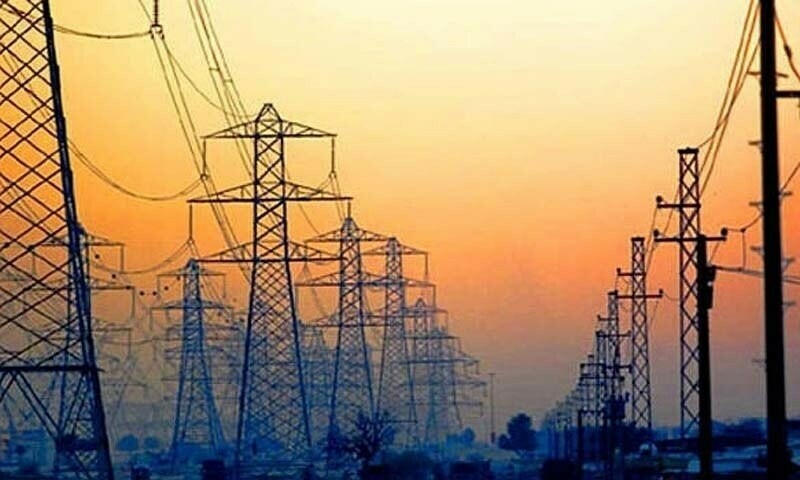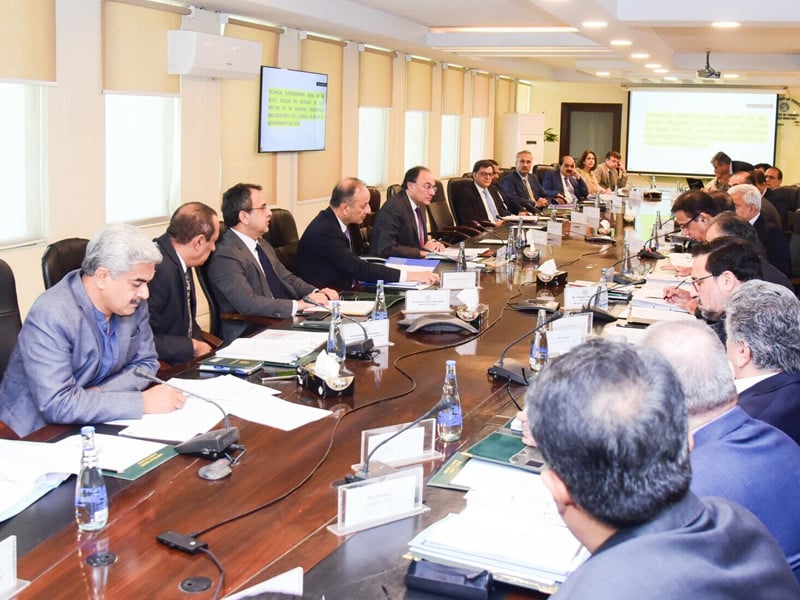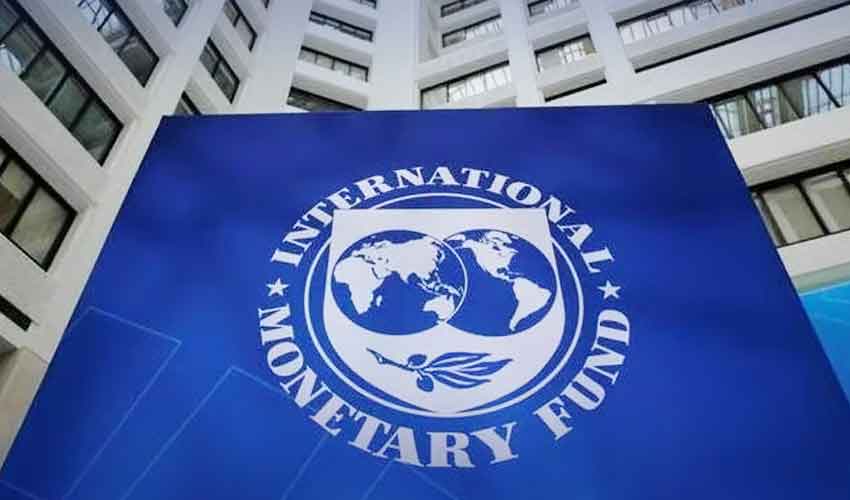TRADE & ECONOMY
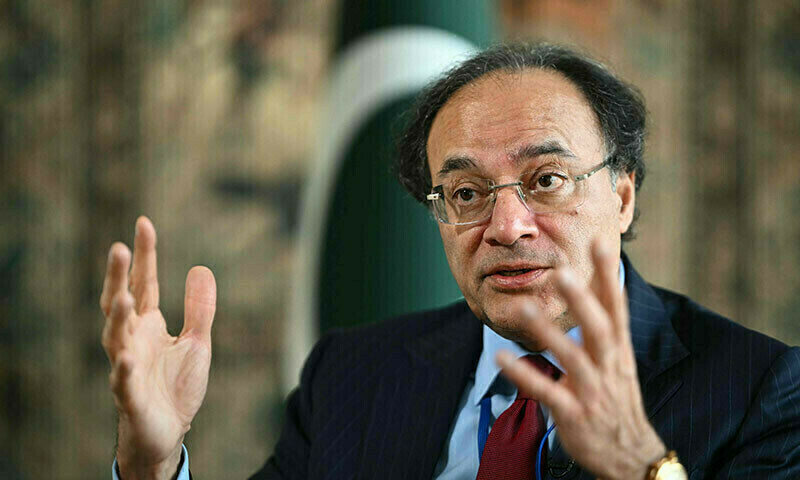
Pakistan is set to issue Eurobonds in the upcoming fiscal year, contingent upon receiving improved credit ratings from global agencies, Finance Minister Mohammad Aurangzeb announced on Tuesday. The minister, speaking at the launch of the Securities and Exchange Commission of Pakistan’s (SECP) Electronic Mortgage Register, expressed confidence that the country’s economic stability is improving, with regulatory bodies and banks now tasked with accelerating growth.
Aurangzeb confirmed that he is in ongoing discussions with major international credit rating agencies, including Fitch Ratings, Standard & Poor’s, and Moody’s, with the hope that Pakistan will achieve more favorable ratings. He emphasized that the Eurobond issuance will rely on the outcome of these rating updates, with plans to launch the bonds in FY2025.
Pakistan is also focused on securing vital climate financing, with a target of $1 billion to address environmental challenges. To do so, the government is engaging with the International Monetary Fund (IMF), the World Bank, and the Asian Development Bank (ADB), while continuing negotiations with the Asian Infrastructure Investment Bank (AIIB) to secure favorable financing terms.
In terms of foreign exchange reserves, the finance minister set a target of $13 billion by the end of FY25, enough to cover imports for three months. The State Bank of Pakistan (SBP) reserves currently stand at approximately $11.2 billion, with expectations that an inflow of $500 million will bring the total closer to the target. Additionally, the country is benefiting from increased remittances, higher export revenues, and a boost in foreign direct investment, all of which contribute to an improved outlook for the reserves.
The SBP’s recent decision to cut its policy rate by 250 basis points to 15% has been hailed as an effort to encourage domestic investment. The move follows a reduction in the Karachi Interbank Offered Rate (KIBOR) to 13%, creating a more favorable environment for local investors. However, trade and industry representatives are pushing for the interest rate to be further reduced to single digits, while financial experts advise caution in further cuts.
In a bid to strengthen public finances, the government is working to improve tax collection mechanisms through digitalization to combat corruption within the Federal Board of Revenue (FBR). Additionally, the government is addressing the high cost of electricity, which remains a significant financial burden for middle- and lower-income households across the country.
Minister Aurangzeb also highlighted the growing interest from foreign investors in Pakistan, pointing to recent high-level visits by the Prime Minister to Saudi Arabia and the UAE, where both governments expressed their commitment to increasing investment in Pakistan. The finance minister remains optimistic that these efforts will contribute to a more robust and sustainable economic recovery.
